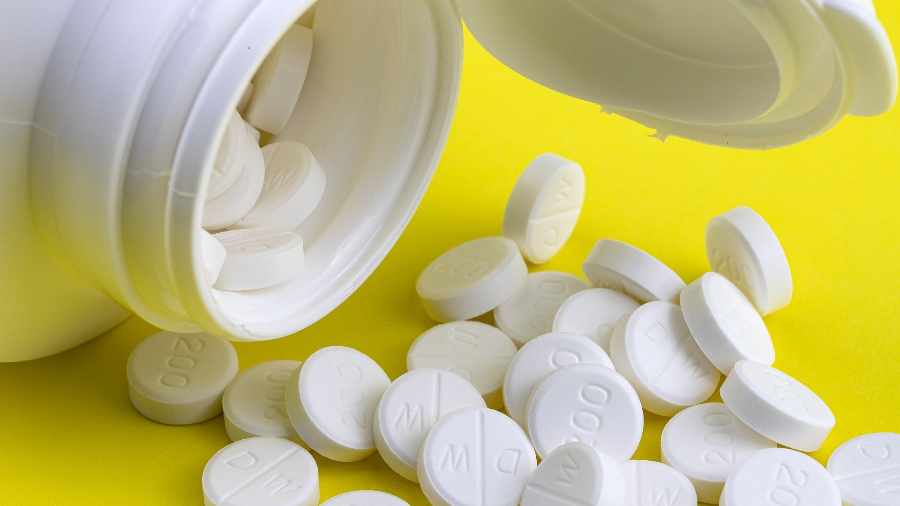
The General Directorate of Medicines ordered the suspension of the sale of these drugs, because they may be carcinogenic.
The National Directorate of Medicines (DNM) suspended from early February the marketing and consumption of oral administration drugs containing the active ingredient ranitidine.
Ranitidine has been used to treat peptic acid disease: heartburn, gastritis, stomach ulcer, esophageal reflux, among others.
The executive director of the DNM, Francisco Cortez Morales, through a memorandum dated February 2, 2021, notified the Minister of Health, Francisco Alabi, that the decision is given as a result of both the Food and Drug Administration of the United States (FDA) as the European Medicines Agency (EMA, same case) issued a health alert in relation to the said active ingredient.
According to Cortez Morales, the two agencies established that under normal storage conditions, and even more so at high temperatures exceeding those set by the manufacturer, N-Nitrosodimethylamine (NDMA) levels in ranitidine increase, thereby increasing the cancer risk in people exposed to higher than acceptable levels of NDMA over a long period of time.
You could read: Drugs bought by the Government for patients with COVID-19 increase risk in people with heart disease
The DNM will not only report that it withdrew these drugs from the Over-the-counter Drug List, but will also monitor the sale of these drugs; it will also notify health professionals about the new provision, so that they can give their patients other therapeutic alternatives.

The DNM will not only report that it withdrew these drugs from the Over-the-counter Drug List, but will also monitor their sales.
“It is not omitted to state that this measure does not affect the supply of drugs, since there are other drugs on the market, with other active ingredients, which have the same therapeutic indications as omeprazole, pantoprazole or lansoprasole; and receptor antagonists. H2, like famotidine, “the DNM noted.
Oncologist Raúl Lara argued that indeed ranitidine “has been suspended for some time by the FDA, as in high and sustained doses it showed a discreet increase in certain carcinogenic” tumors.
According to Lara, in other countries this drug has been easily replaced by others that are available in pharmacies and hospitals.
We recommend: The promising anti-COVID-19 drug that would reduce the risk of mortality
For Dr. Carlos Ramos Hinds, the measure taken by the DNM is right, “because it appears that due to improper storage issues a compound that has been shown to be carcinogenic could be generated.”
Ramos Hinds explained that it was prescribed as an antacid to treat peptic acid disease problems, and agreed that there are other options on the market.

With this measure, as indicated, they seek to minimize the risk of exposure of the population to this component.
Dr. Ricardo Lara, a health professional, confirmed that the DNM’s note regarding the aforementioned drug had already begun to be shared with the medical staff, although he was not so convinced of the measure.
According to the doctor, there is a fear that in the long run the population that is badly used to receiving ranitidine when consulted for stomach problems, will fall into abuse of substitute drugs, which in the long run the institutions will they will provide.

The drug has been used to treat problems such as gastritis, esophageal reflux, among others. The measure is to prevent the risk of developing cancer.

The DNM disseminated the guidelines for withdrawing the drug